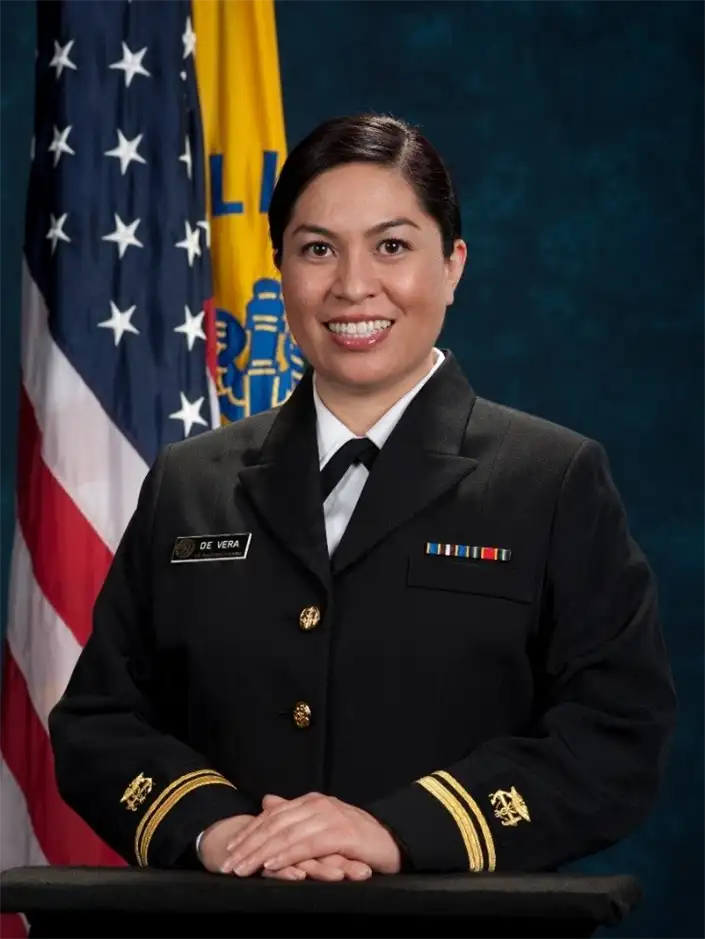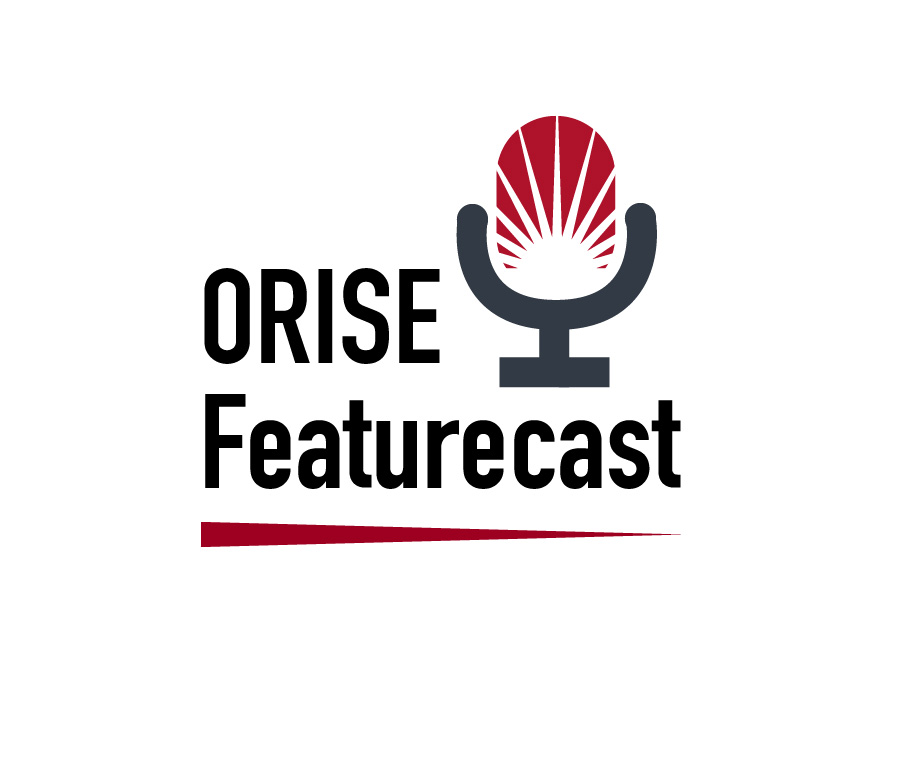Embracing the uncomfortable: Melissa de Vera discusses Indian Health Services, her career, and the IHS summer internship

Melissa de Vera
When asked how she got to her current role as an assistant director of the Division of Sanitation Facilities Construction with Indian Health Services (IHS), Melissa de Vera replied that it “was not a straight path by any means.”
“I feel like the only way that I ever go anywhere is when I step out of my comfort zone,” de Vera said in a recent interview for the ORISE Featurecast. “A person can’t live that way 100% of the time, but I feel like I’ve done it enough that I’ve grown to almost embrace the uncomfortableness.”
De Vera went on the ORISE Featurecast to discuss the IHS summer internship, the history of the IHS, and her own career.
“I’ve always been in IHS, but my last job was a district engineer,” de Vera continued. “It was tough and had many challenges, but it really was my dream job. I had actually come across the position that I’m in today, and I had a day to decide if I was going to apply or not. I had doubts that I would be able to live up to the expectations, and that made me really, really uncomfortable. I’m glad to report that I’m wrong. I work with a great group of people.”
The Sanitation Facilities Construction Program (SFC) was created in 1959 through the Indian Sanitation Facilities Act.
“This act is now a very effective program in improving American Indian and Alaska Native health,” de Vera explained. “In 1952, less than 20% of Native American homes had access to adequate drinking water and waste facilities. So, we’re talking about families hauling water for drinking and cooking and washing from ditches and creeks and stock ponds and other unprotected and unmonitored sources. My mother was actually part of one of those families, and so were some of my cousins.”
Despite her family’s close connection to water insecurity, de Vera didn’t know that this was the career path she wanted until she was already in college.
“When things started to align and my path started to become clear, it was in one of those mandatory electives,” she said.
The required environmental class was not something she was looking forward to attending.
“The professor required us to go out into the environment and document observing something. So, I went out and I observed flood irrigation. It got me to thinking about the environment. I grew up in this town. I lived in this desert, and yet our community was based on a lot of dairy and alfalfa farming. We had a wetland in our community, and that was actually just created from the runoff from the flood irrigation, which was fed by an irrigation ditch with water that actually came from snowmelt from the Sierra Nevada Mountain. So, the fact that I was really thinking and looking into this, it was just so interesting, and that’s what actually led me to find out about environmental engineering as a discipline. That’s how I ended up deciding to study that.”
The IHS hosts a summer internship each year for students in STEM disciplines who are passionate about public service. The internship offers hands-on experience at construction sites, including surveying, construction observations, and sanitation surveys and inspections.

Listen to de Vera's Featurecast interview
Heart for public service: Apply for the Indian Health Service summer internship
Melissa de Vera is an assistant director in the Division of Sanitation Facilities Construction Services for the Indian Health Service. The Indian Health Service (IHS) is an agency within the Department of Health and Human Services that is responsible for providing federal health services to American Indian and Alaska Native people. de Vera talks about the trajectory of her career and the surprising turn her life took toward environmental engineering, and what interns will do during their summer appointment. She says that while interns are classified as civil or environmental engineers, they don't have to be studying those disciplines. Rather, applicants should have a heart for public service.
Media Contacts
Pam Bonee
Director, Communications
Phone: 865.603.5142
pam.bonee@orau.org
Wendy West
Manager, Communications
Phone: 865.207.7953
wendy.west@orau.org
The Oak Ridge Institute for Science and Education (ORISE) is a U.S. Department of Energy (DOE) asset that is dedicated to enabling critical scientific, research, and health initiatives of the department and its laboratory system by providing world class expertise in STEM workforce development, scientific and technical reviews, and the evaluation of radiation exposure and environmental contamination.
ORISE is managed by ORAU, a 501(c)(3) nonprofit corporation and federal contractor, for DOE’s Office of Science. The single largest supporter of basic research in the physical sciences in the United States, the Office of Science is working to address some of the most pressing challenges of our time. For more information, please visit science.osti.gov.

